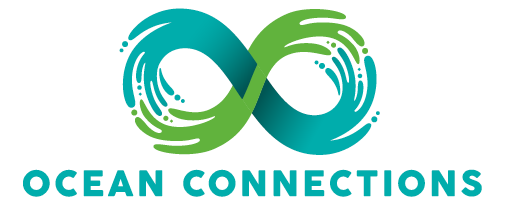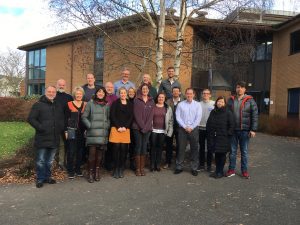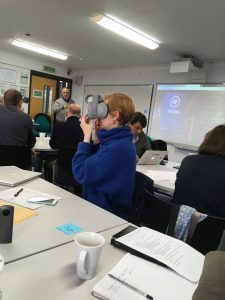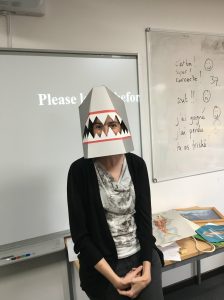Our first UK partner meeting since December’s kick-off took place in Torquay, South Devon. Living Coasts coastal zoo and aquarium is part of the Whitley Wildlife Conservation Trust which also includes Newquay Zoo and Paignton Zoo. It opened in 2003 and has around 80,000 visitors each year.
Attendees:
Andy Swainson & Maeve O’Carroll from Leigham Primary School;
Steve Nash & Tom James from Living Coasts;
Angus Reith & Tom Rebhan from the Plymouth School of Creative Arts;
Lindsay Hetherington & Justin Dillon from the University of Exeter.
We were blessed with bright sunshine and a temperature of 13oC so touring the outdoor enclosures with Steve was a marvelous way to spend part of a Friday afternoon.
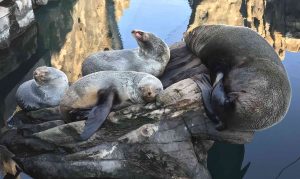
A number of exhibits caught our eye including an interactive digitized marine environment – a thinking sand-pit that allows users to model aspects of the ocean.
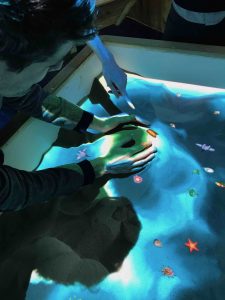
We were also impressed with an exhibit that turns children’s drawings of ocean animals into avatars. Both of these exhibits helped us to think about creative pedagogies in new ways.
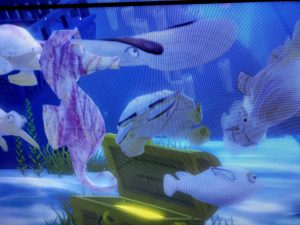
We discussed a number of topics for further exploration including ocean temperature rise, changes in pH and plastics. Living Coasts has an engaging and creative exhibition that aims to help people to get a better sense of just how much plastic waste is dumped in the sea.
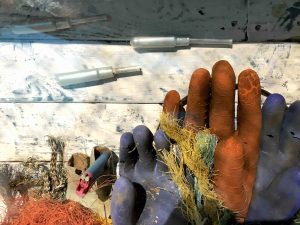
Back in the meeting room we discussed our state-of-the art review and the literature review as well as more administrative issues such as timesheets and mailing lists.
We’re all looking forward to our visit to Santiago de Compostela, Spain in June. We’ll meet again, as UK partners, this time in Plymouth, on May 7.
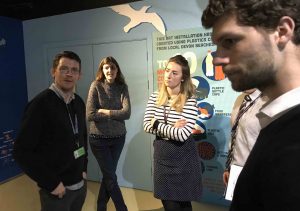
Justin Dillon
February 18, 2019

